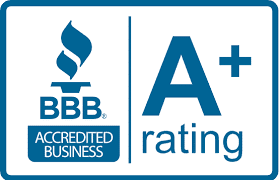What Is a Demand Letter in a Missouri Personal Injury Case—and Why It Matters
What Is a Demand Letter in a Missouri Personal Injury Case—and Why It Matters
When someone is injured due to another person’s negligence in Missouri, one of the first major steps toward compensation is drafting and sending a demand letter. This document plays a crucial role in personal injury claims because it formally presents your case to the at-fault party’s insurance company and often sets the stage for settlement negotiations.
What Is a Demand Letter?
A demand letter is a written communication sent to the responsible party or their insurer that outlines the facts of the incident, the nature of the injuries sustained, and the damages being claimed. It typically includes:
- A summary of the accident and how the other party was at fault.
- Details about your injuries and medical treatment.
- Documentation of lost wages, property damage, and other expenses.
- A specific dollar amount being requested for settlement.
Essentially, this letter serves as both a professional summary of your case and a formal request for compensation.
Why a Demand Letter Matters in Missouri
In Missouri, most personal injury cases are resolved through settlement negotiations rather than courtroom trials. A well-drafted demand letter can:
- Encourage early settlement discussions.
- Demonstrate the strength and organization of your claim.
- Provide the insurance company with all necessary information to evaluate the case.
- Save time and money by avoiding litigation.
If the insurer responds reasonably, you may reach a fair settlement without having to file a lawsuit. However, if they deny or undervalue your claim, the demand letter becomes valuable evidence of your good-faith effort to resolve the matter before going to court.
The Role of an Attorney
A Missouri personal injury attorney can help ensure that your demand letter is thorough, persuasive, and properly supported by evidence. At Allen Injury Law, LLC, we can help the Clayton community prepare strong claims and handle negotiations with insurers to seek the compensation they deserve.


















